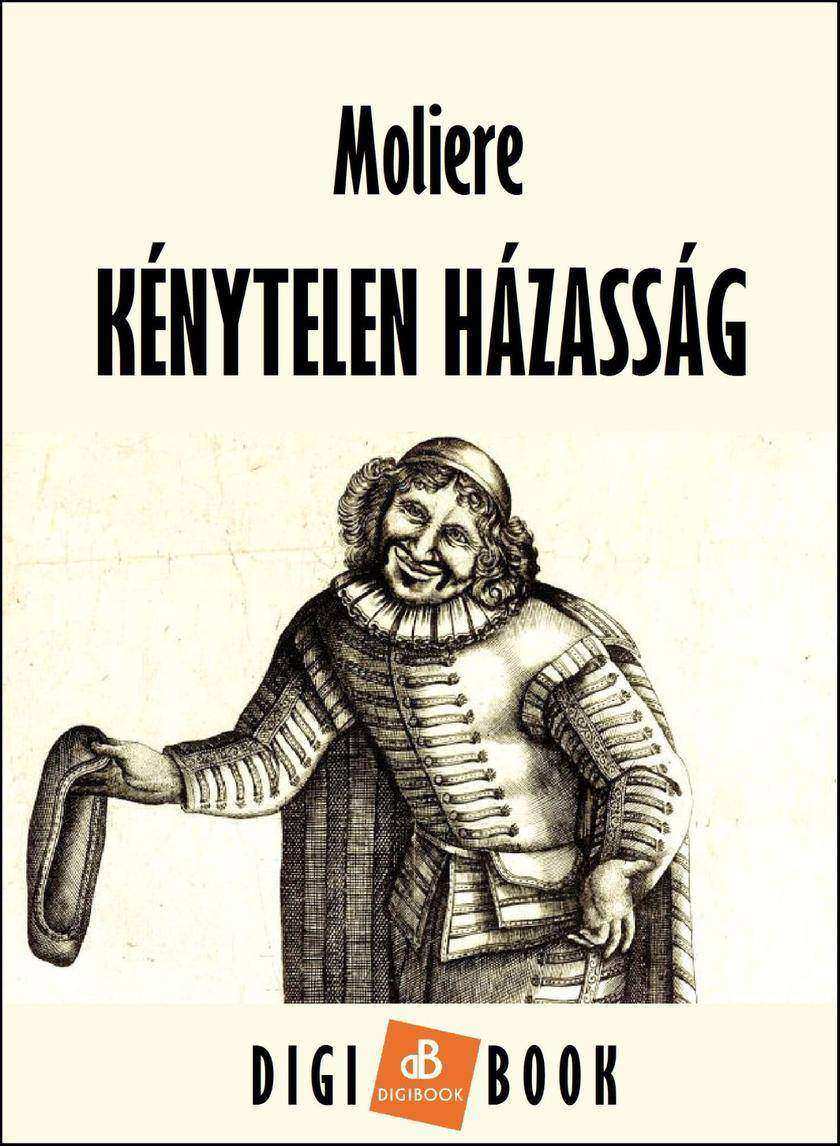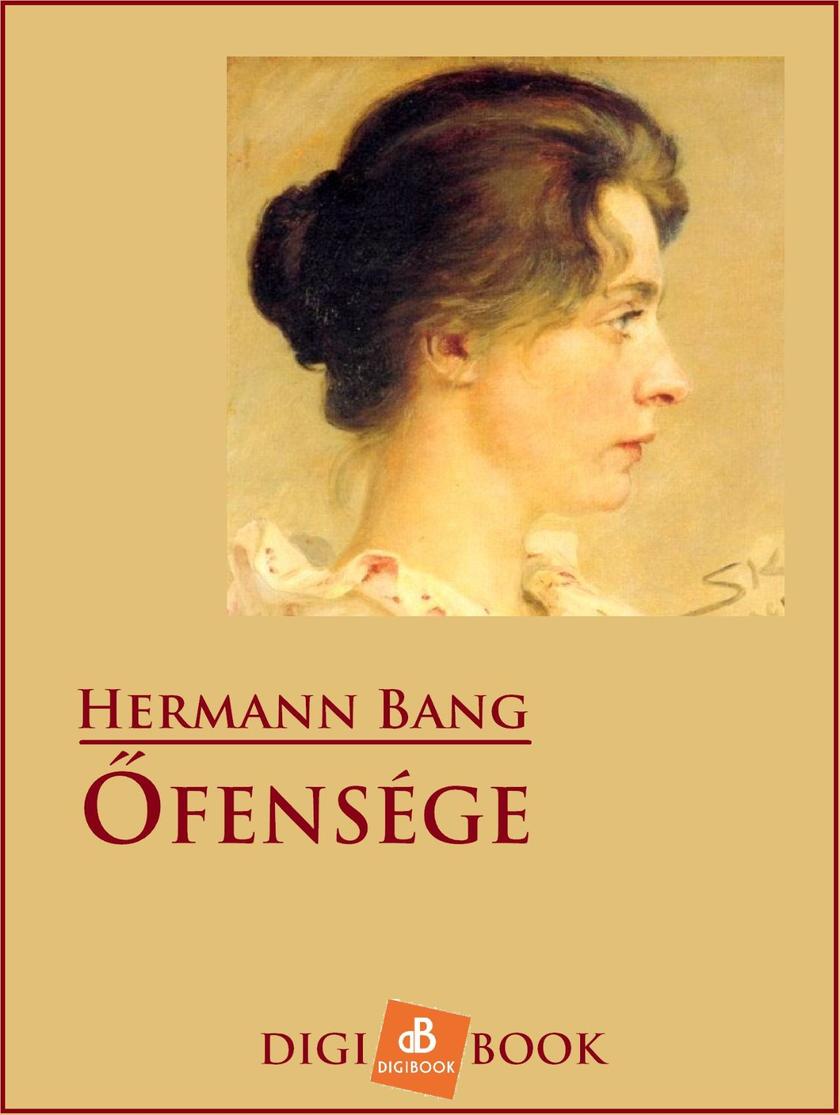
Megvásárolt barátn?
¥20.11
Megvásárolt barátn?

Romana 601. - Egyszer már elhagytál
¥20.11
Romana 601. - Egyszer már elhagytál

Romana 604. - Kamera indul!
¥20.11
Romana 604. - Kamera indul!

Júlia 615. - Egy színészn? vallomása (Chatsfield Hotel 12.)
¥20.11
Júlia 615. - Egy színészn? vallomása (Chatsfield Hotel 12.)

Beugró koszorúslány (A ?három istenn?” 2.)
¥20.11
Beugró koszorúslány (A ?három istenn?” 2.)

Karácsonyi parti
¥20.11
Karácsonyi parti

Lady Lizzi
¥20.11
Lady Lizzi

H?hullám New Orleansban
¥20.11
H?hullám New Orleansban

Romana 613. - Kadar foglya
¥20.11
Romana 613. - Kadar foglya

A rózsakert meséje
¥20.11
A rózsakert meséje

Kénytelen házasság
¥20.11
Kénytelen házasság

Romana 602. - A f?n?k jobbkeze
¥20.11
Romana 602. - A f?n?k jobbkeze

Romana 603. - El?sz?r és utoljára (A ?három istenn?” 1.)
¥20.11
Romana 603. - El?sz?r és utoljára (A ?három istenn?” 1.)

Júlia 617. - Athén hajói (Chatsfield Hotel 13.)
¥20.11
Júlia 617. - Athén hajói (Chatsfield Hotel 13.)

Fogd a pezsg?re! (A ?három istenn?” 3.)
¥20.11
Fogd a pezsg?re! (A ?három istenn?” 3.)

Szentpétervár hava (Chatsfield Hotel 14.)
¥20.11
Szentpétervár hava (Chatsfield Hotel 14.)

Az égbolt lovagjai
¥20.11
Az égbolt lovagjai

?fensége
¥20.11
fensége

Romana 614. - Brazil macsó
¥20.11
Romana 614. - Brazil macsó

Megszállott szív
¥20.11
Megszállott szív

Partra vetett kedves
¥20.11
Partra vetett kedves




 购物车
购物车 个人中心
个人中心



